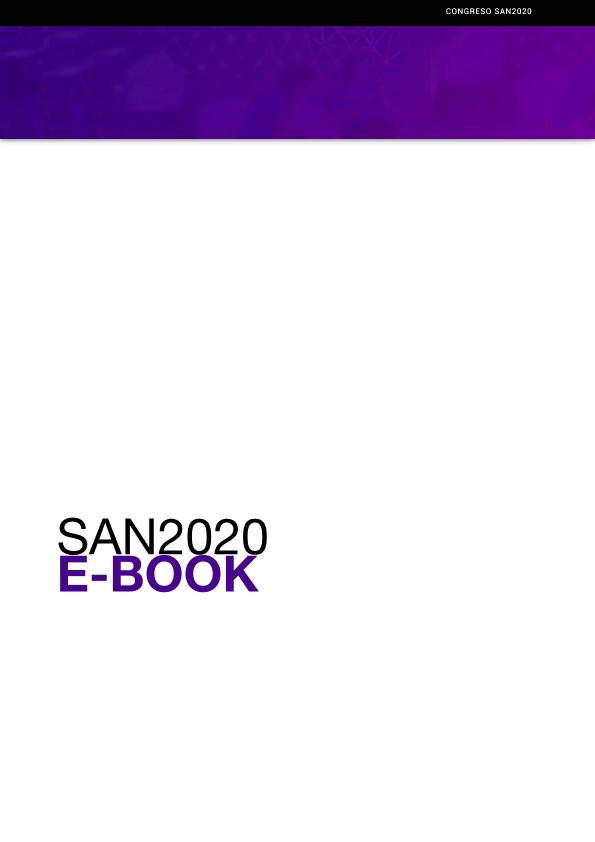Evento
A new antagonist of Caenorhabditis elegans glutamate-activated chloride channels with anthelmintic activity
Turani, Ornella ; Castro, Maria Julia
; Castro, Maria Julia ; Faraoni, María Belén; Gerbino, Darío César
; Faraoni, María Belén; Gerbino, Darío César ; Bouzat, Cecilia Beatriz
; Bouzat, Cecilia Beatriz
 ; Castro, Maria Julia
; Castro, Maria Julia ; Faraoni, María Belén; Gerbino, Darío César
; Faraoni, María Belén; Gerbino, Darío César ; Bouzat, Cecilia Beatriz
; Bouzat, Cecilia Beatriz
Tipo del evento:
Reunión
Nombre del evento:
XXXV Annual Meeting of the Argentinian Society for Neuroscience Research
Fecha del evento:
07/10/2020
Institución Organizadora:
Sociedad Argentina de Investigación en Neurociencias;
Título del Libro:
XXXV Annual Meeting of the Argentinian Society for Neuroscience Research
Editorial:
Sociedad Argentina de Investigación en Neurociencias
Idioma:
Inglés
Clasificación temática:
Resumen
Nematode parasitosis causes mortality and morbidity in humans and losses in livestock and domestic animals. The acquisition of resistance to current anthelmintic drugs has prompted the search for new compounds for which the nematode Caenorhabditis elegans has emerged as a valuable platform. We have previously synthetized a library of compounds and determined that dibenzo[b,e]oxepin-11(6H)-one (doxepinone) reduces swimming rate, induces paralysis, and decreases the rate of pharyngeal pumping on C. elegans. To identify the drug targets, we performed a screening of strains carrying mutations in Cys-loop receptors involved in worm locomotion for determining resistance to doxepinone effects. A mutant strain that lacks subunit genes of the glutamate-gated chloride channels (GluCl), which are targets of the antiparasitic ivermectin, is resistant to doxepinone effects. To unravel the molecular mechanism, we measured whole-cell currents from GluClα1/β receptors expressed in mammalian cells. Glutamate elicits macroscopic currents whereas no responses are elicited by doxepinone, indicating that it is not an agonist of GluCls. Preincubation of the cell with doxepinone produces a significant decrease of the decay time constant and net charge of glutamate-elicited currents, indicating that it inhibits GluCls. Thus, we identify doxepinone as an attractive scaffold with promising anthelmintic activity and propose the inhibition of GluCls as a potential anthelmintic mechanism of action.
Palabras clave:
CAENORHABDITIS ELEGANS
,
ANTHELMINTIC ACTIVITY
,
CHLORIDE CHANNELS
Archivos asociados
Licencia
Identificadores
Colecciones
Eventos(INIBIBB)
Eventos de INST.DE INVEST.BIOQUIMICAS BAHIA BLANCA (I)
Eventos de INST.DE INVEST.BIOQUIMICAS BAHIA BLANCA (I)
Eventos(INQUISUR)
Eventos de INST.DE QUIMICA DEL SUR
Eventos de INST.DE QUIMICA DEL SUR
Citación
A new antagonist of Caenorhabditis elegans glutamate-activated chloride channels with anthelmintic activity; XXXV Annual Meeting of the Argentinian Society for Neuroscience Research; Argentina; 2020; 1-4
Compartir



